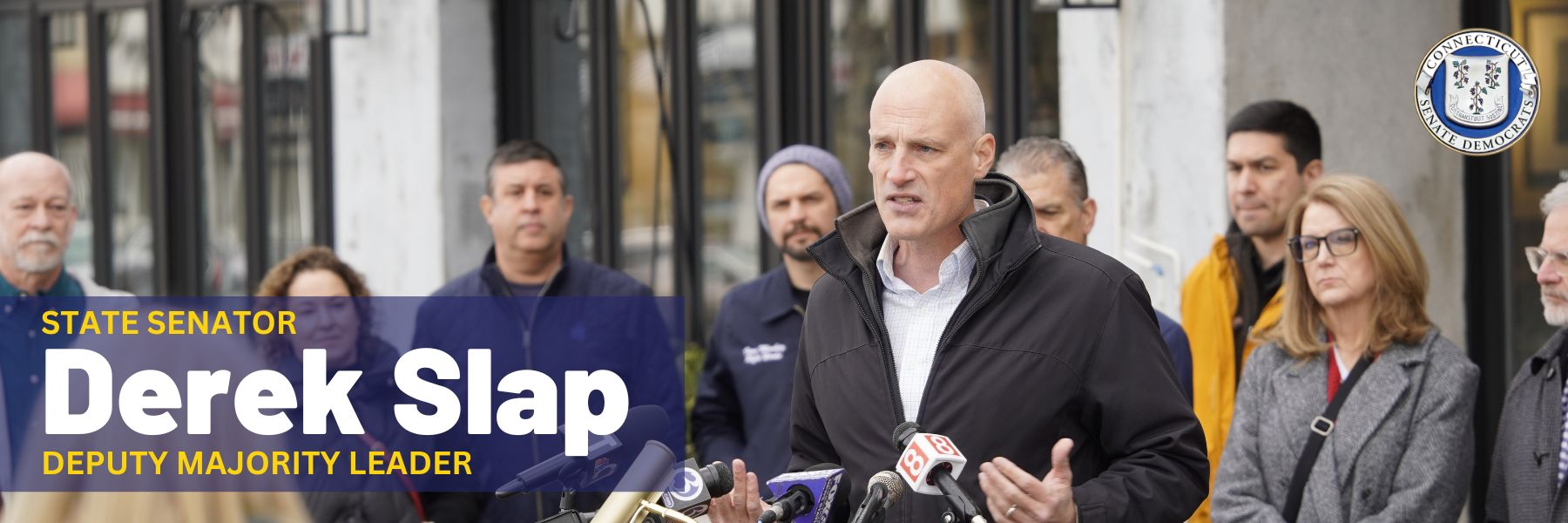Sen. Slap Passes Bill to Protect Student Scholarships
Today, State Senator Derek Slap, Senate Chair of the Higher Education and Employment Advancement Committee led passage of a bill that protects students’ financial aid and scholarships from interference by institutions of higher education.
The legislation prohibits the practice of scholarship displacement, in which a college or university awards a student a certain amount of financial aid, and then later reduces the student’s financial aid package based on scholarships the student received from organizations outside of the university. For example, if a student receives a financial aid package of $10,000 from a university, and then receives a local scholarship for $1,000, the school may decrease their financial aid amount to $9,000.
“We are facing a college affordability crisis across this country, which stifles opportunity and limits our workforce development,” said Sen. Slap. “Students work tirelessly to gain admittance to a college, secure financial aid, and then spend hours applying for private scholarships to make the most of every dollar of aid and minimize their reliance on student debt. A student does not secure these external scholarships in order to save the institution money, and their financial aid should not be negatively affected.”
This bill received strong support in public testimony from organizations and individuals, including current and former students. The Hartford Foundation for Public Giving testified in support of its efforts to ensure students receive all resources available to them when needing financial aid, noting this proposal’s effort “to ensure that private and public investments in scholarship programs are used to complement rather than supplant” financial aid resources at Connecticut colleges and universities.
Yale student Anthony Dominguez testified that recipients of private scholarships do not often see the financial benefits of their awards; his own friends had to take multiple jobs in order to stay in school, and this proposal would positively impact first generation low income students to maximize their college experiences.
Esperance Han of Yale testified that she comes from a low-income family and received a four-year full scholarship to the university, but learned that any further scholarships she received would go to the University and not her family; that constrained her ability to move to Connecticut and prepare for studies. Libby Lamport, also a Yale student, testified she had to send back scholarship money due to university policies on financial aid, which she said “penalizes students for seeking out additional resources.”
According to the Pew Research Center, as of June 2024 Americans owed $1.6 trillion in student loans, which is 42% more than what they owed a decade earlier and 1 in 4 American adults have student loan debt.
As of 2024, six states – California, Maryland, New Jersey, Minnesota, Washington and Pennsylvania – have created laws to end award displacement.
Senator Slap also led passage of legislation which would create a task force to support promise programs across the state. There are currently several Promise Programs in cities across the state that provide scholarship and college success support for students, however each of them operate independently. This legislation would explore a statewide, coordinated approach to college access and success.
Both bills passed the Senate unanimously and now head to the House.
Share this page:
